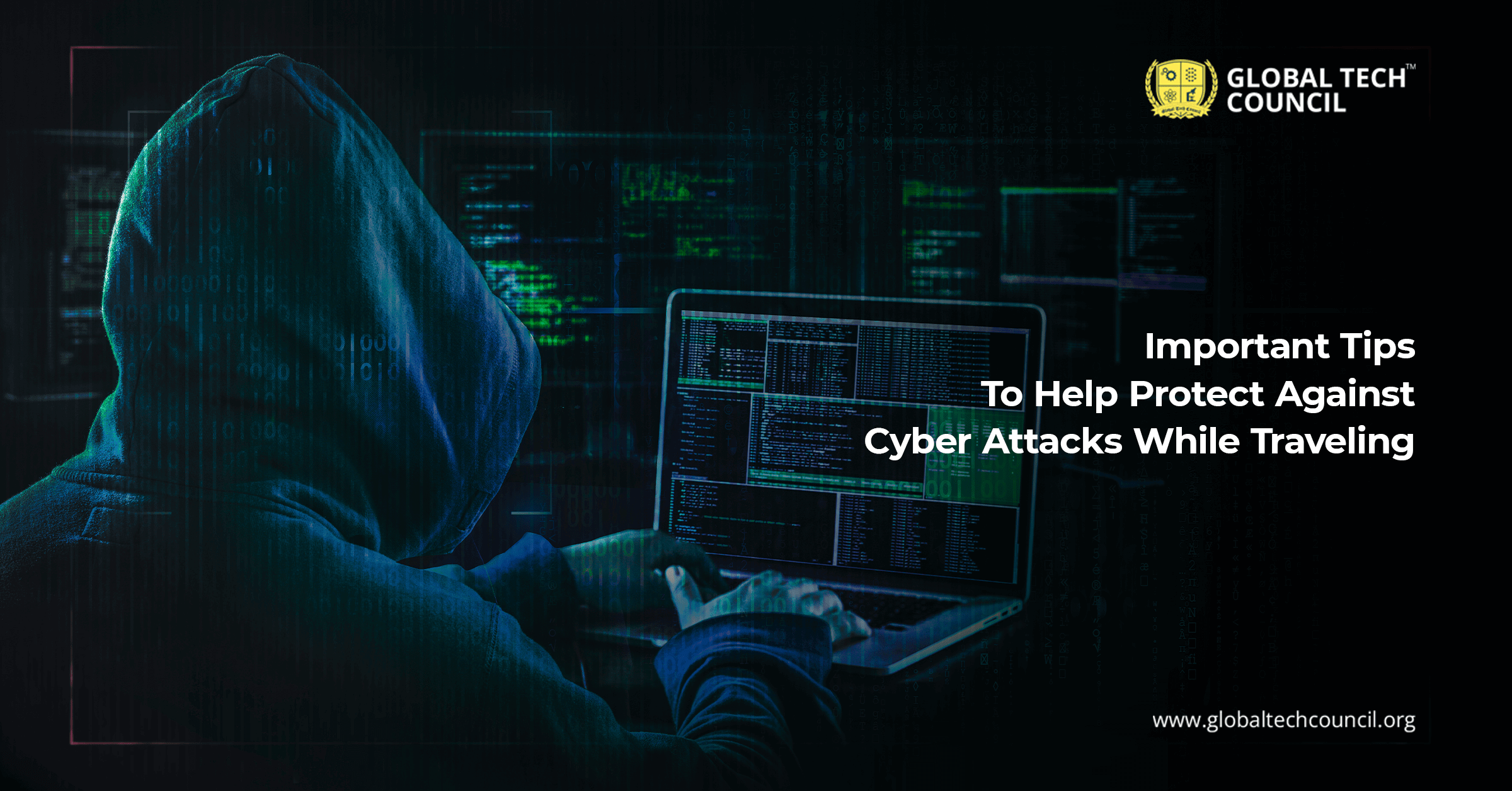
According to cybersecurity experts, travel and transportation is the second most targeted industry. Moreover, 1 in 7 travelers complains about cyber theft. Although technological advancements have facilitated travel, they have exposed us to malicious hackers. Whether traveling for business or vacation, the following tips will help secure your data.
Update frequently used passwords
It is a simple step to prevent data theft. In addition to your application passwords, frequently reset PINs and safety codes. Numerous cyber security certifications online emphasize the need for strong passwords. A common numerical or alphabetical sequence is not ideal as hackers can easily breach it. Hence, ensure that the passwords are complicated and include at least three of the following:
- An uppercase letter
- A lowercase letter
- A special character
- A number
- Appropriate length
Avoid location sharing
It is common for travelers to update their current locations on various platforms. Travelers must be cautious as sharing every location makes it easy for criminals to track them, their devices, and their belongings.
Usually, business travelers are exposed to cybercrime as they often carry sensitive personal and business-related information. Therefore, it is best to avoid sharing locations while traveling.
Be prudent while using public Wifi
Free Wifi access and internet connections are appealing, especially during international travels. They can come in handy at airports or cafes when you have to kill time. Nevertheless, unencrypted hotspots are lures by hackers that travelers must steer clear of. Moreover, they are high-traffic networks, so avoid accessing personal accounts and sensitive data. Hackers can easily track others’ activities on public Wifi. Therefore, avoid banking activities and transactions until you access a private network. These are the most basic tips that a cyber security training online course teaches.
Avoid public charging sockets
Though public charging points are a helpful facility, it is one of the easiest ways by attackers to steal information. In fact, tourist places are the target for hackers to attack devices through compromized sockets. For instance, they can modify the sockets to install malware on phones and access data without the users’ knowledge. Although rare, it is something to keep an eye out for. Moreover, cybersecurity experts also advise using a power bank or personal chargers while traveling.
Create a temporary cloud storage
A temporary email and cloud storage can come in handy during international travels. You can safely access data on hotel centers and cafes, which are prone to cyber attacks like malware. Moreover, throwaway accounts are a guarded option to save travel pictures without worrying about identity theft.
Disable auto-connect on devices
Most mobile droves have a setting that allows automatic connection to Wifi. While it is convenient at homes or familiar locations, it is not safe while traveling. Not only does it expose your device to hackers, but it also undermines your safety. Therefore, change the settings so you can manually choose a secure network to connect your laptop and smartphone. You can learn more about it in cyber security analyst certification courses.
Beware of shoulder surfing
While filling out forms or making transactions in public spaces,
precautions are necessary to avoid personal information or password theft. In addition to using privacy screens, you can angle your devices to ensure onlookers do not get hold of any data.
Minimize Bluetooth usage
Bluetooth connectivity can compromise cybersecurity by increasing device exposure and range. If left on, third parties can access your phones and other connected gadgets. And in the worst case scenario, they can hack into online banking systems. Cyber security certifications online can help you understand more about Bluetooth connectivity. However, it is unanimous that you should disable Bluetooth during travels and use it sparingly.
Enable two-factor authentication
Two-factor authentication is necessary to dodge hackers, whether accessing network-based accounts or offline devices. Besides a regular password, this method demands a second piece of identity to verify the user’s authenticity. It adds an extra layer of security while traveling internationally, specifically for business.
Purchase or use a corporate VPN
VPN or Virtual Private Network makes a device and its online actions untraceable. Since the connection is encrypted, hackers cannot trace its IP address, which are usually exposed on a public Wifi network.
Moreover, you can use your company’s split tunneling VPN to differentiate between safe and dangerous networks.
Install security softwares
One of the most effective ways to secure personal data is by installing anti-virus protection. Further, using the latest host-based firewalls and intrusion prevention softwares can also strengthen cybersecurity. However, it is vital to use a trusted brand of security softwares. Also, you’ll need to update it regularly. With cybercrime on the rise, avoid file and network sharing as much as possible.
Use only TLS-enabled HTTPS
Two-factor authentication may not work abroad due to changes in service plans. Hence, it is important to access secure websites using a TPS-enabled address. Additionally, the device will automatically avoid the networks that tend to install fake digital certificates on your computer.
Update operating systems and softwares
Older editions often have critical security holes; therefore, they are common targets for cyberattacks. Additionally, malware attacks focus on software vulnerabilities. Hence, ensure all devices are running on the latest versions of softwares. Cybersecurity experts can install necessary updates which involve patches to these security holes.
Study local laws if traveling abroad
Learn about the laws regarding security change as you cross the border. For example, if border security demands access to your devices, you may have to give up your privacy. But, also there might be some special rules to avoid exposing your sensitive data. Therefore, you must know the local laws and your rights in the respective country.
Conclusion
It is easy and common to be preoccupied during vacationing or traveling for business. However, it is of utmost importance to safeguard information as cybercrime multiplies on the road. Therefore, it is best to take preventative measures to avoid breaches and identity thefts.
Please visit GLOBAL TECH COUNCIL for more information on cybersecurity.